by Gina Simmons, Ph.D.
I once counseled a 12 year old girl, Amanda, whose parents hated her. Prior to her first therapy session, Amanda had fallen off a wall, breaking her collar-bone. Her father made her wait three hours to go to the hospital because he wanted to watch a football game. In a videotaped session she cried, "why don't my parents love me?" As tears flooded Amanda's cheeks, her stunningly beautiful mother looked at herself on the television monitor and smiled.
While nature provides healthy mothers with lovely bonding brain chemistry, like oxytocin, to stimulate feelings of love and connection, some truly hate their offspring. Hate does not demonstrate itself in simple anger, resentment or hostility. Most parents get very angry when their children misbehave, keep them awake at night, or act disrespectfully. When children disobey parents, a feeling of helplessness follows. When you feel helpless you get angry. Anger can lead to inappropriate discipline and even abuse. In that case parents need anger management training, support and parenting classes. Hate is a different animal.
Another patient described her mother's cold rant, "I wish you had never been born." At 50 years of age the damage from those words still wounded. Another patient said that when her father got angry at the children he would get up from the table and shout, "I'm going to get my gun!" At that point the family would flee the table and hide until the storm passed. When parents hate their children they wish for their annihilation.
The father of Psychoanalysis, Sigmund Freud, coined the term Oedipus Complex, from the Greek story of Oedipus, about a man who killed his father and married his mother. He used this story to describe a stage of child development when a boy wishes to be close to his mother and push his father away. Eventually, the healthy boy resolves the complex when he identifies with his father and becomes independent from his mother.
I prefer to spotlight the other side of the story, the story of Laius, Oedipus' father. King Laius was told by an oracle that he should never have a child with his wife because that child would kill him, marry his wife and become king. After the birth of his son Oedipus, Laius makes several attempts to kill his son in order to thwart the prophesy and maintain his power. The Laius Complex describes parents who feel so threatened by the power of their children that they wish for and sometimes cause their death.
M. Scott Peck, in his chilling book, The People of the Lie: The Hope For Healing Human Evil, described a case where a family brought in their only remaining son for counseling due to depression after the suicide of their other son. While chatting with the boy to make him feel comfortable Dr. Peck asked about Christmas, and if he received any presents. The boy said he received a gun from his parents for Christmas. Concerned that the parents gave a depressed and suicidal boy a gun for Christmas, Dr. Peck asked more questions. Not only did the parents give a gun to their son, they gave him the same gun the brother had used to kill himself.
Hatred of this sort has a cold, calculating quality. Children raised in these homes feel confused, like Amanda. They feel love for and attachment to their parents, but don't understand why they get only coldness in return. Pioneering psychoanalyst Karen Horney used the term, "basic evil" to define parental indifference. She believed it was not the heat of anger, but the cold indifference of parents that led to many neurotic disorders.
When children lack basic warmth and affection from caregivers they can and do die. Failure to thrive, refers to children whose current weight and rate of growth are lower than expected for their age and gender. The emotional deprivation of unloving parents is listed as one of the causes for failure to thrive syndrome.
Some of my patients raised in emotionally deprived environments talk about how lonely they feel when they try to tell their story. "Most people say, 'oh all parents love their children, maybe your parents just didn't know how to be parents,'" one patient shared. Sometimes what helps break down that feeling of alienation is when someone says, "yes, some parents do hate their children." And it's not your fault.
Photos courtesy of: Pink Sherbet Photography, Picture Truths and Vlad Sfichi.
Tweet











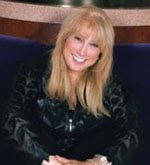
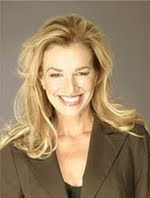
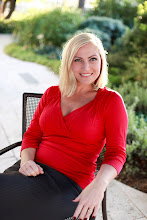

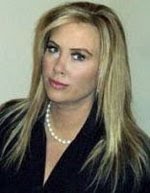
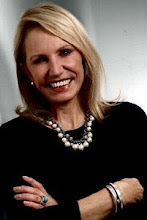
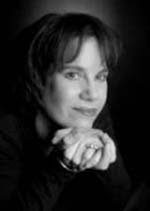


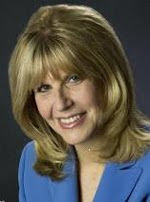





1 comment:
My parents hate me. Always have. I’ve never understood why. I was a good student. Got a scholarship. Did all the right things but I was never good enough. Especially not for my mother. She’s told me to die. She’s told me she wants me dead. Now that she’s old & weak, I find it so hard to care for her with empathy. I do what I have to. But I feel nothing for her anymore. It wasn’t just hatred but emotional & physical abuse she fished out all my life. Father was just distant & followed her lead. They ruined my life. I wish I was never born most days.
Post a Comment